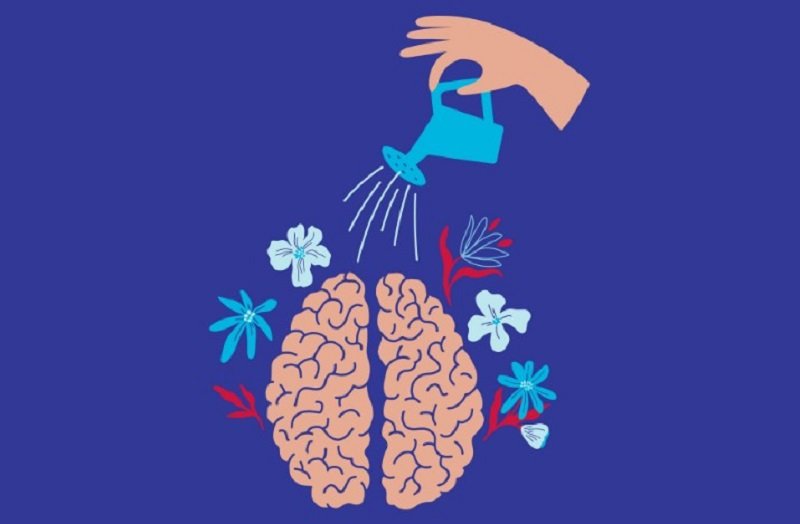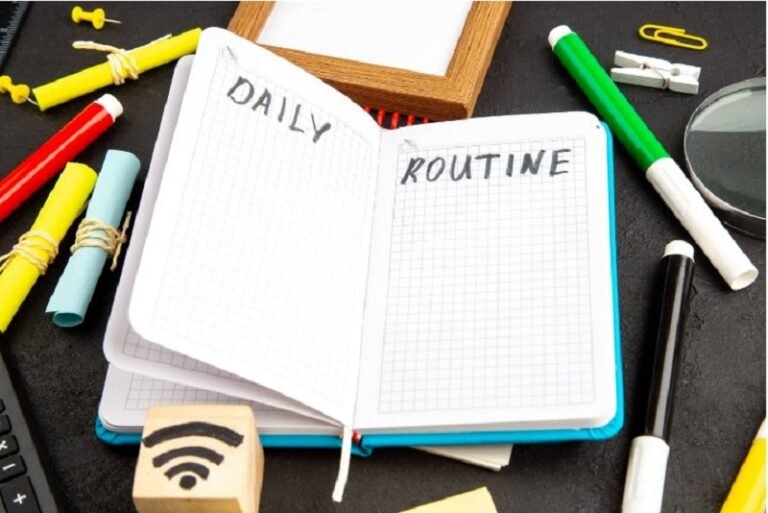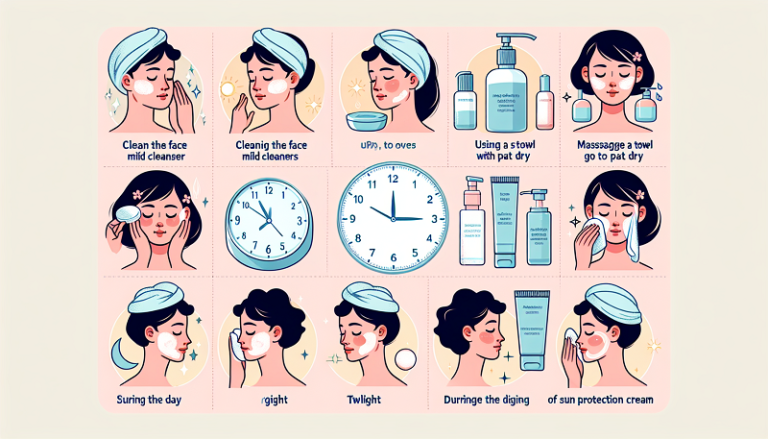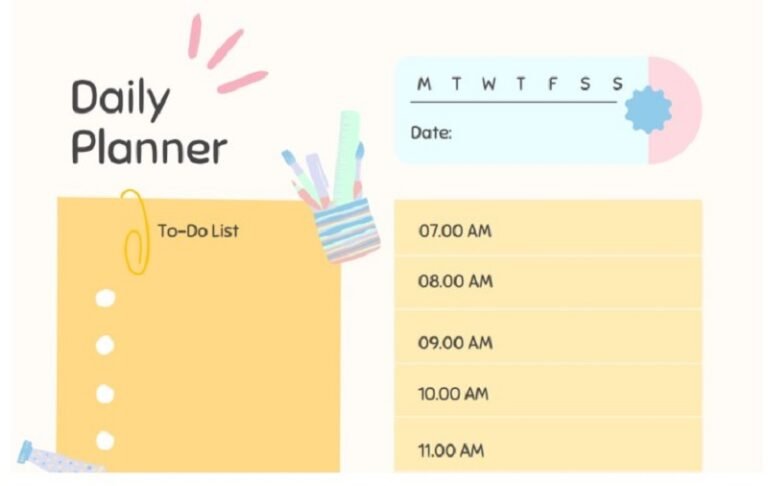Navigate Stressful Waters: Essential Coping Strategies for Peace

Understanding Stressors
To get a handle on stress, it’s gotta start with knowing what types of stressors hit folks at different ages and how buddies and kin can help you bounce back from it all.
Stressors Across Age Groups
Stressors are like fingerprints—unique to each life stage. If you’re a young professional between 25 and 35, you’ve probably got a lot on your plate—juggling a demanding job, student loans, and those forever multitasking demands of personal life.
| Age Group | Common Stressors |
|---|---|
| Children (5-12) | School projects, home life |
| Teenagers (13-19) | Grades, friendships |
| Young Adults (20-35) | Climbing the career ladder, bills, love life |
| Middle-Aged Adults (36-50) | Job stability, parenting woes, health nags |
| Older Adults (51+) | Retirement planning, health hiccups, losing loved ones |
Figuring out these stressors helps tailor stress-busting strategies for every age. For young hustlers, tricks focusing on work stress and money worries might hit the spot.
Impact of Social Support on Stress Resilience
Lean on me, as the song goes, because having a solid back-up squad matters big time for handling stress. Loads of research say that having good peeps in your corner can shield you from stress and even cut down on health probs. Family, friends, and coworkers give you that shoulder to cry on and help when you need it most.
According to PubMed Central, not having enough social support can be bad for your health. Conversely, a strong network can fend off stress-related issues like the blues and anxiety.
| Social Support Type | Benefits |
|---|---|
| Emotional Support | Beats loneliness, lifts spirits |
| Practical Support | Tackles chores, lightens the load |
| Informational Support | Offers tips, boosts coping skills |
| Companionship Support | Encourages social fun, fights feeling alone |
For you young go-getters, making connections can be a lifesaver. Dive into stress-busting activities with pals or join events to build that network. Trying relaxation exercises for stress with coworkers or friends can also work wonders for chilling out and tightening social bonds.
In short, spotting how stressors change with age and recognizing the power of a good support system can pave the way for smarter, more personalized stress-busting tactics. With the right crew and age-tailored strategies, boosting stress resilience becomes reality.
Coping Strategies and Mental Health
Active vs. Passive Coping
In life’s roller coaster, how we handle stress can be a game-changer. We’ve got two main coping styles: the go-getter active coping and the avoidant passive coping. Take charge with active coping, and you might find yourself handling anxiety and the blues better. Imagine pulling out the positives from a tough situation or directly addressing a problem. This kind of approach lessens anxiety and depression, while leaving you feeling more capable of tackling whatever life throws your way.
Now, let’s talk about passive coping—kind of like sticking your head in the sand. Ignoring stress only adds fuel to the anxiety and depression fire. You’re stuck with feelings of self-blame and it’s tougher to break away from negative spirals.
| Coping Style | Examples | Impact on Mental Health |
|---|---|---|
| Active Coping | Finding Silver Linings, Facing Problems Head-On, Accepting Challenges | Less Anxiety and Depression |
| Passive Coping | Avoiding Issues, Putting Yourself Down, Giving Up | More Anxiety and Depression |
Stressed out? Check out more ways to deal with stress by trying out active coping strategies for a mood boost.
Influence of Social Support on Coping
Having your people around you can seriously change how stress hits you. Your family and friends, and even knowing they’re there, can make tough times more bearable. When you know you’ve got a support group, facing stress feels a bit like having an invisible safety net.
To harness the good vibes of social support, chat with family, friends, or maybe even a counselor. Need more ideas for stress-busting with social help? Dive into our article on stress reduction magic.
Gender Differences in Coping
Men and women sometimes handle stress differently. Women often lean on emotions, finding comfort in acceptance, seeing the bright side, and reaching out for support from those around them—a pretty solid formula for mental health wins, especially when the world feels upside-down.
However, going overboard with less helpful strategies like self-blame doesn’t do anyone any favors and can ramp up anxiety and depression. Guys might take the head-on route, tackling problems directly, which can work well depending on the situation.
| Gender | Preferred Coping Strategies | Impact on Mental Health |
|---|---|---|
| Women | Emotion-Centric (Looking on the Bright Side, Seeking Support) | Good for Well-being if Used Wisely |
| Men | Problem-Centric, Direct Tactics | Effectiveness Depends on the Situation |
For young go-getters out there: knowing the ins and outs of these styles, and figuring out what works for you, can make a big difference in how you deal with life’s stressors. Try embracing active strategies and lean on social support for some mental health TLC. Need inspiration? Peek at our stress management tips and tricks for some fresh ideas.
Effective Coping Mechanisms
Problem-Focused Coping
Alright, let’s get down to brass tacks! Problem-focused coping is all about grabbing stress by the horns and giving it a good shake. Got a problem stressing you out? Identify it, and then come up with ways to tackle it head-on. Especially handy around the office, this style turns stress into a challenge to solve.
Strategies for Problem-Focused Coping:
- Time Management: Cut the chaos by organizing your tasks. Less stress, more chill.
- Goal Setting: Paint a target. It’s easier to hit when you can see it.
- Resource Utilization: Don’t fly solo. Find a mentor or get some training. Boost your skills and your confidence.
| Strategy | Description |
|---|---|
| Time Management | Organize tasks to reduce stress |
| Goal Setting | Establish clear, achievable goals |
| Resource Utilization | Find help like mentors or training |
Want more ideas? Check out our stress management techniques page for the deep dive.
Emotion-Focused Coping
Sometimes you can’t change the world, but you can change how it affects you. Enter emotion-focused coping, your go-to when stuff’s outta control. It’s all about managing your reaction to stress, instead of solving the problem that causes it.
Strategies for Emotion-Focused Coping:
- Mindfulness and Relaxation: Who doesn’t need some chill time? Relaxation exercises can be your new BFF in keeping calm.
- Social Support: Don’t keep it bottled up. Call a friend or family member when you’re feeling stressed, because a shared burden is a lighter one.
- Cognitive Reappraisal: Look at your thoughts in a fresh way. Flip that negative script into something a little brighter.
| Strategy | Description |
|---|---|
| Mindfulness and Relaxation | Practices to calm the mind |
| Social Support | Reach out to your folks for a chat |
| Cognitive Reappraisal | Find a new way to see the positive |
Good relationships aren’t just a warm fuzzy feeling—they’re a solid stress shield (PubMed Central). Swing by our stress reduction techniques for more ideas.
Adaptation and Flexibility in Coping
Adaptation is about rolling with the punches and keeping your coping toolkit up-to-date. Being flexible lets you switch between problem-solving and emotional strategies depending on what the day throws at you.
Strategies for Adaptation and Flexibility:
- Assessment and Adjustment: Keep tabs on what’s stressing you, and tweak your coping methods as needed.
- Learning and Growth: Every challenge is a new lesson. Turn stress into a stepping stone.
- Balancing Techniques: Mix and match stress management activities to fit each stress situation perfectly.
| Strategy | Description |
|---|---|
| Assessment and Adjustment | Stay adaptable and modify strategies as needed |
| Learning and Growth | Take on challenges and grow from them |
| Balancing Techniques | Mix different coping strategies |
For instance, if work’s got you frazzled, maybe wrangle those tasks with some time management, then relax with mindfulness exercises to fend off burnout. Keeping a mix of strategies in your back pocket, along with a positive outlook, can help fend off anxiety and depression (PMC).
Life throws curveballs, but with the right mix, you’ll handle them like a pro. This blend of tackling problems and managing emotions is like your free pass to feeling way less stressed, keeping those vibes high, especially if you’re a newbie juggling a tough job.
Lifestyle Changes for Stress Management
Physical Activity for Stress Reduction
Move it or lose it! Getting regular exercise isn’t just good for your biceps, it’s a magic bullet for easing stress. Take a simple 20-minute stroll—it does wonders by calming your nerves and ramping up that blood flow. Trust me, once you’re hooked, it’s like a mini-vacation for your mind every day.
| Exercise Type | Duration | Stress Reduction Rating |
|---|---|---|
| Walking | 20 minutes daily | High |
| Running | 30 minutes daily | Medium |
| Bending Yourself into a Pretzel (Yoga) | 1 hour daily | High |
Whether you’re jogging or posing like a yoga master, finding what works for you can zap stress. Experiment with different workouts to fit your day.
Nutrition and Hydration
Eating right isn’t just a line from your mom—it’s legit! Loading up on whole foods like fresh fruits and veggies keeps you strong against stress attacks. Keep away from those sugared-up snacks and junk food. Water is your best buddy too—aim for 8 glasses to stay on point.
| Nutritional Nugget | Importance | Cheat Sheet |
|---|---|---|
| Whole Fruits & Veggies | Essential | 5-7 servings daily |
| Junk Food & Sugar | Bad Vibes | Skip ’em |
| H2O (Water) | Super Important | 8 glasses a day |
Booze, smokes, and too much coffee might seem like an SOS during stress, but beware—they’ll bite back later. Keep it clean for a happier you. Curious for more diet hacks? Dive into our stress management tips.
Social Connections and Support
No matter how tough life gets, leaning on your crew can be a lifesaver. Solid social support makes you tougher against stress and shields you from nasty mental health issues. Knowing someone’s got your back helps—like a cozy blanket on a chilly night.
Maintain meaningful bonds to ward off stress (Cleveland Clinic). Need to beef up your social circle?
- Jump into local clubs or groups.
- Pitch in for community work.
- Keep up with fam and buddies with regular chats.
Looking to level up your social game? Swing by our stories on stress-busting activities and calm-inducing exercises.
Coping with Persistent Stress
Chronic vs. Acute Stress
Let’s face it, stress isn’t just a pesky nuisance—it’s two types of troublemaker: chronic and acute. Chronic stress isn’t the kind you shake off after a weekend away; it lingers, hiding out like a bad penny. It has potential sidekicks like heart disease, depression, and memory loss (Sutter Health). Think of chronic stress like an annoying neighbor who never stops borrowing your stuff. It might come from constant money problems or that nagging back pain that never says goodbye. Meanwhile, acute stress is fleeting. It’s the kind of stress that jumps out from behind a corner and taps you on the shoulder when you’re moving house or juggling a work deadline (Cleveland Clinic).
Whether it’s the long-term or the short-and-sharp stressor visiting, having a few tricks up your sleeve can save your health from taking a nosedive.
Impact of Major Life Changes
Life throws curveballs, and with them comes stress, lurking in both the good and bad bits. Getting hitched, switching careers, or saying goodbye to someone can turn your world upside down and mess with your head and heart.
| Major Life Change | Type of Stress |
|---|---|
| Getting Married | Acute |
| Job Change | Acute |
| Chronic Illness | Chronic |
| Financial Problems | Chronic |
Promoting Emotional Well-being
To dodge the stress bullet, keeping your emotional well-being in check is pretty important. Having people around you—the kind who show up with coffee or let you rant—can be your secret weapon against stress. Here’s a cheat sheet for managing those stress levels:
- Seek Social Support: Reach out to pals or family. They’re your lifeline to feeling less like you’re on a deserted island. Just a chat or hangout can dilute stress (Cleveland Clinic).
- Engage in Pleasurable Activities: Dive into things you love—whether it’s tending plants, enjoying a good read, or vibing to your favorite tunes. They’re like kryptonite to stress (Sutter Health).
- Practice Flexibility in Coping: Not every problem’s a nail, so don’t treat every coping mechanism as a hammer. Tailor your approach: solve problems that can be tackled head-on or lean on others for the ones you can’t change (Cleveland Clinic).
- Incorporate Stress Management Activities: Activities like meditation, yoga, or zoning out in mindfulness can be your silent allies in handling life’s roller coasters. Check out stress management activities.
- Evaluate Lifestyle Choices: Peek into your daily choices—food, exercise, Zzz’s at night. Get moving, eat clean, and snooze right to stave off stress’s nasty effects.
Want to roll up your sleeves and tackle stress head-on? Dive into our treasure trove of stress management techniques, stress reduction techniques, and relaxation exercises for stress for some hands-on guidance.
Coping During COVID-19
Riding out the wild ride of the COVID-19 pandemic means figuring out how to keep stress from running your life. Let’s break down some ways we’ve been getting through lockdown, how different genders handle stress, and how culture plays a role in all of it.
Coping Strategies During Lockdown
Lockdown was a massive stress-filled saga for young pros. Keeping your cool was key, and here’s what worked:
- Routine Building: Making a daily game plan helped keep some structure in the chaos.
- Virtual Socializing: Thank goodness for tech, right? Staying in touch with your people was a sanity-saver.
- Physical Activity: Home workouts kept the stress monster at bay—plus, they were a good excuse to move.
- Mindfulness Practices: Meditation and yoga brought some chill vibes to mental chaos.
Want more deets on stress-busting tips? Check out our stress reduction techniques guide.
Gender Disparities in Coping
A comprehensive survey revealed the differing ways in which men and women coped with the lockdown. Women felt more anxious than men and leaned on acceptance, a fresh perspective, and emotional backup (PubMed Central source).
| Coping Strategy | Women (%) | Men (%) |
|---|---|---|
| Acceptance | 75 | 55 |
| Positive Reframing | 70 | 50 |
| Emotional Support | 68 | 45 |
| Active Coping | 40 | 60 |
Stats courtesy of PubMed Central.
Women handled anxiety better with acceptance and a positive spin, while men felt more stress when they took a more direct approach (PubMed Central). Dig deeper into how different folks unwind at relaxation exercises for stress.
Cultural Influences on Coping Strategies
Where you’re from can shape how you handle stress during a pandemic. Cultures focused on the group, like Chinese Americans, leaned on emotional support and community love. Meanwhile, more self-sufficient vibes, like European Americans, leaned on personal grit and independence.
| Culture | Common Strategies | Impact |
|---|---|---|
| Collectivistic | Emotional support, community | More togetherness, less loneliness |
| Individualistic | Personal resilience, self-reliance | Boosted personal grit, potential loneliness |
These differences shaped how we coped emotionally. Getting your head around these points can help with stress management activities.
These tough times call for a game plan to find the coping methods that fit you best, taking gender and culture into account.






